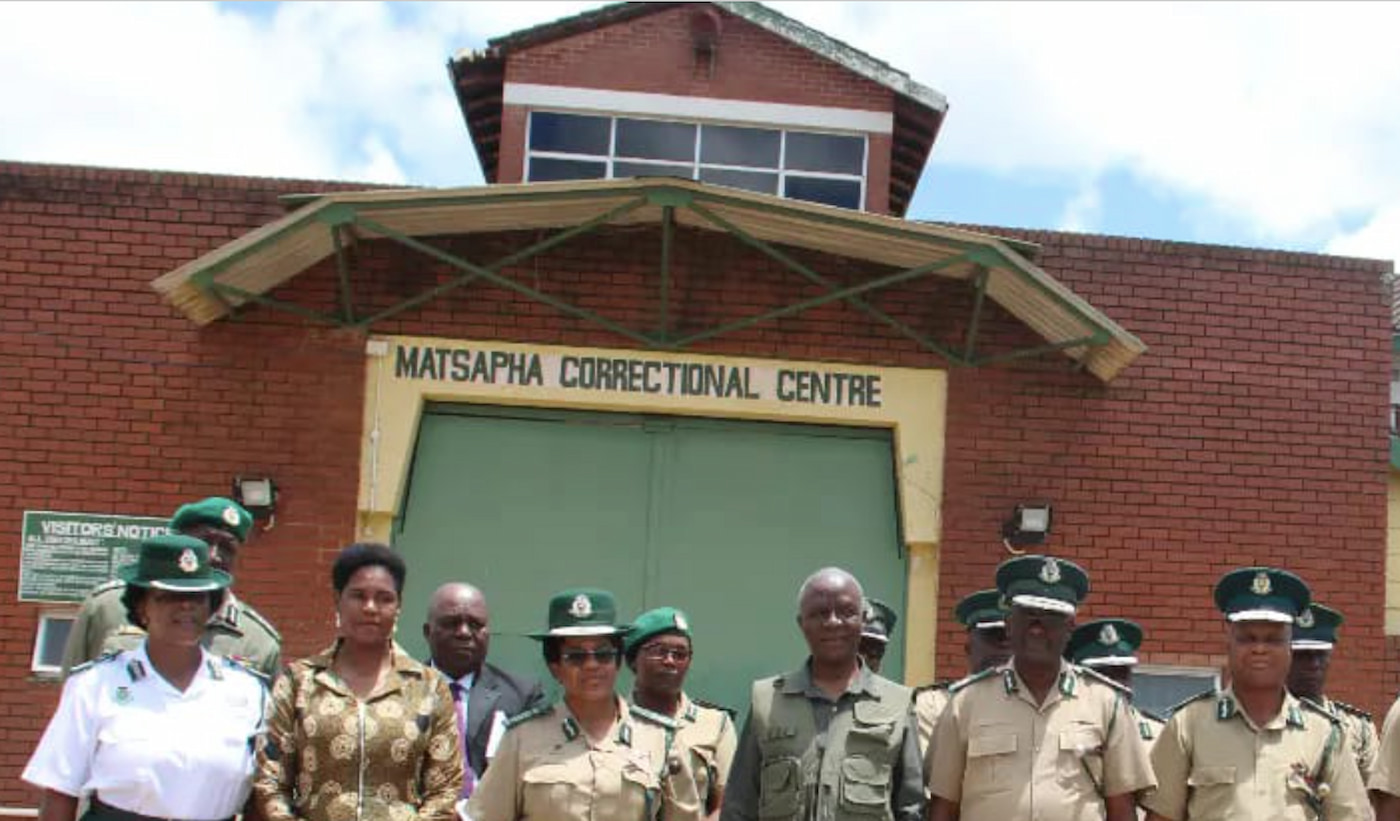
Inside notorious Eswatini prison and South Africa’s border security fears
South Africa is ‘deeply concerned’ about the security risks posed by Eswatini’s deportee deal with the United States.

The Matsapha Correctional Centre, a sprawling high-security prison outside Eswatini’s capital Mbabane, holds a chilling reputation few institutions in the small African kingdom can match.
Long considered an embodiment of the absolute monarchy’s repressive policies, routinely used to silence pro-democracy activists, the facility has recently assumed a new, deeply controversial role: holding deportees from the United States, reports AFP.
The conditions inside the prison, often described by a former inmate as “like a jungle” and a place they “would never wish for my worst enemy”, are notoriously poor. The prison faces documented complaints about its conditions and has been cited for “inadequate conditions” as recently as 2024.
Inmates previously reported that life operates on a “survival of the fittest” principle in cramped cells, following a rigid schedule that “breaks you”, starting with a 5:00 shower and culminating in lock-up until the next morning.
Concerns over human rights violations in Eswatini’s system are long-standing, with credible reports in 2023 citing arbitrary or unlawful killings and torture.
The latest development involves 14 men deported from the US under President Donald Trump administration’s third-country programme. The first group of five arrived in July 2025, followed by ten more in October.
The five men, originating from nations including Cuba, Vietnam, Laos, Yemen and Jamaica, were described by the US Department of Homeland Security (DHS) as “barbaric” criminals convicted of severe crimes, including child rape and murder.
Concerns across the border
Crucially, the matter has spilled over into regional security concerns. South Africa, which landlocks Eswatini along with Mozambique, has officially raised concerns via the Department of International Relations and Cooperation (DIRCO).
South Africa is “deeply concerned” about the deportees’ profile and the “potential adverse impact on South Africa’s national security and immigration policy,” given the geographical proximity between the two nations, DIRCO said in August.
The situation has “sparked fears” that if not properly managed, these convicted individuals could cross into South Africa, straining border systems and posing significant risks to public safety.
Eswatini prison deal with the United States
Eswatini, Africa’s last absolute monarchy led by King Mswati III, agreed to accept up to 160 US deportees in exchange for $5.1 million intended to reinforce its border and migration systems.
Despite the government’s insistence that the men pose “no threat”, their detention status has caused alarm. The deportees were initially placed in solitary confinement and are being held without charge or access to legal counsel.
One Cuban national was reported to be on a hunger strike after being arbitrarily detained for over three months. Critics have fiercely condemned the arrangement, with the largest opposition party, Pudemo, labelling the deal “human trafficking disguised as a deportation deal”.
In an attempt to manage the influx, new blocks funded by the US deal have been constructed at Matsapha. These new cells offer individual bathrooms and mounted televisions, contrasting sharply with the older blocks where inmates share facilities in dormitories.
However, Eswatini lawyer Mzwandile Masuku has voiced fears that these new, tightly-controlled structures – featuring transparent walls for constant surveillance – could ultimately be used to house local political dissenters rather than only foreign deportees.
